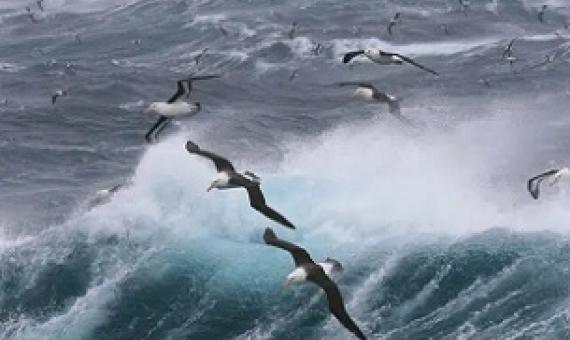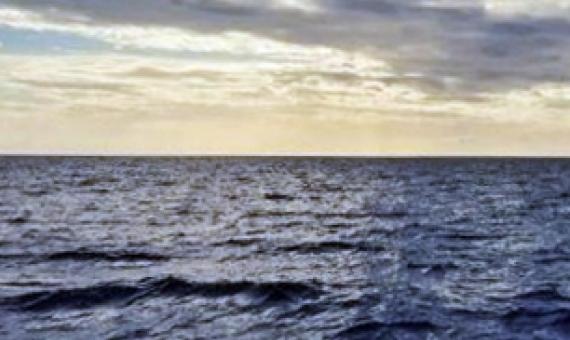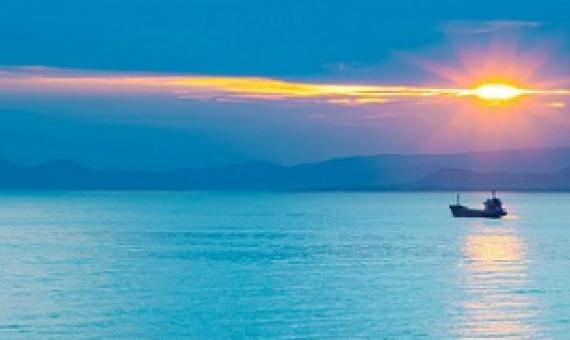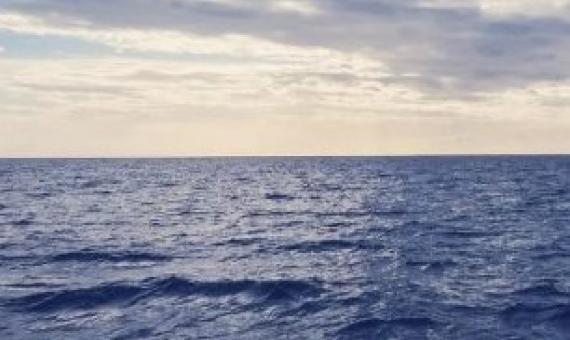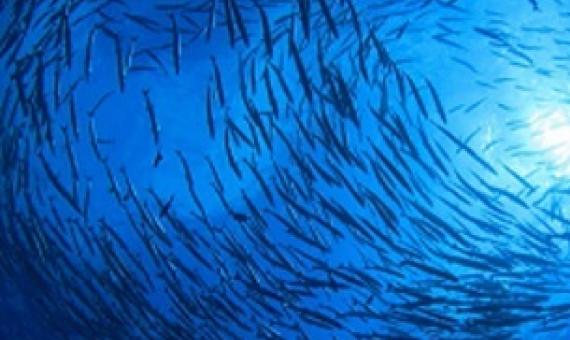After four inconclusive sessions, UN member states on Monday resume talks aimed at finally completing a treaty to protect the world's high seas, a vital yet fragile resource that covers nearly half the plan.
A series of regional conventions and policies are playing an essential role in monitoring climate change and preparing for extreme weather events, preventing oil spills, reducing plastic and other waste, saving coral reefs, and providing overall ocean protection and restoration of marine ecosyste
China, as the world’s largest producer and consumer of seafood, is well known for its voracious international fishing fleet.
A growing number of countries are pledging to protect and conserve at least 30 percent of the ocean by 2030. Securing such a vast area requires new cutting-edge technology to monitor illegal activities and movements of species.
National Spill Contingency Plan (Palau) Draft
The Government of the Republic of Palau has developed this National Spill Contingency Plan
(NATPLAN) as part of its commitment to protecting our valuable coastal and marine
resources from an eminent or substantial threat to the marine environment or public.
NATPLAN has been developed to reflect the essential steps necessary to initiate, conduct and
terminate an emergency spill response on, or into the navigable waters of the Republic of
Palau, on the adjoining shorelines, the waters of the contiguous zone or into waters of the
exclusive economic zone.

